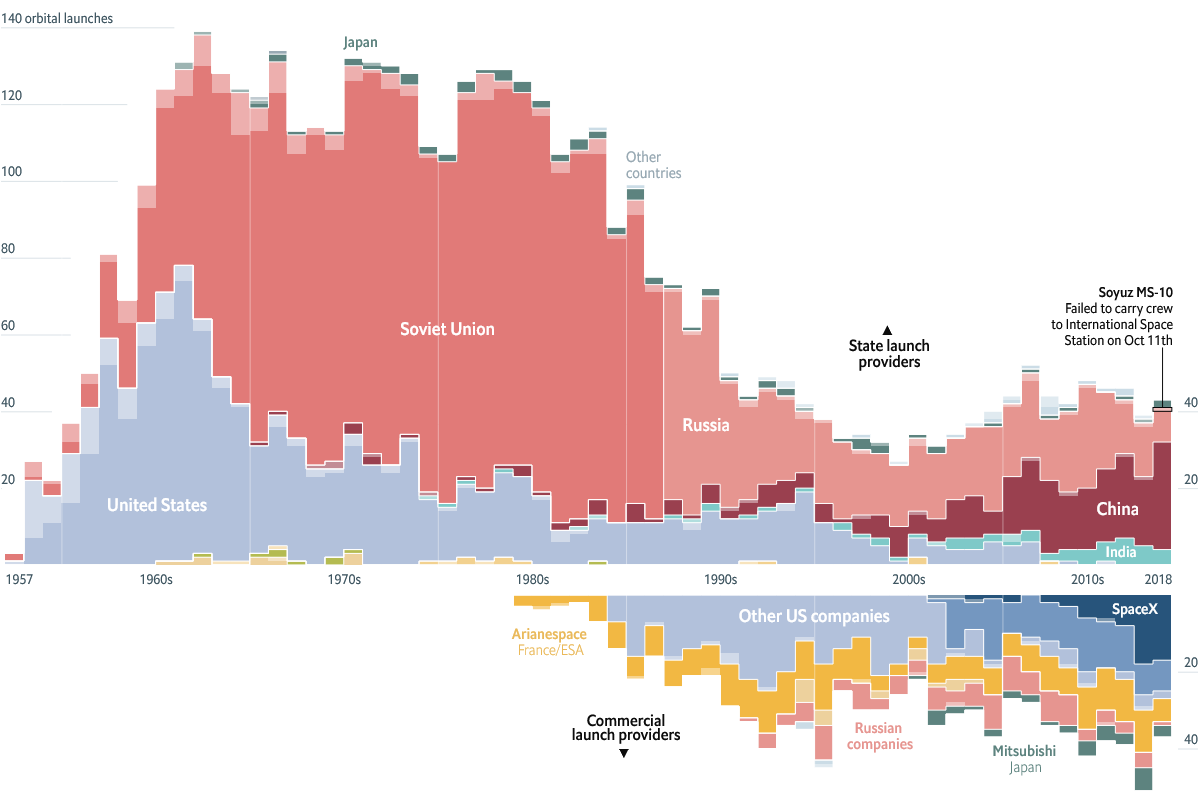Source: There is no middle ground for deep disagreements about facts | Aeon, by Klemens Kappel
One particularly pernicious form of disagreement arises when we not only disagree about individuals facts but also disagree about how best to form beliefs about those facts, that is, about how to gather and assess evidence in proper ways. This is deep disagreement, and it’s the form that most societal disagreements take.
Deep disagreements are, in a sense, irresolvable. It is not that Amy is incapable of following Ben’s arguments or is generally insensitive to evidence. Rather, Amy has a set of beliefs that insulates her from the very sort of evidence that would be crucial for showing her to be mistaken. No line of argument or reasoning that Ben could sincerely present to Amy would rationally convince her.
…
We are used to the idea that respectfully accommodating the views of fellow citizens, whose intelligence and sincerity is not in doubt, requires some degree of moderation on our part. We cannot, it seems, both fully respect others, regard them as intelligent and sincere, and still be fully convinced that we are right and they are completely wrong, unless we simply agree to disagree. But on a societal level we cannot do that, since ultimately some decision must be made.
What is particularly troubling about some societal disagreements is that they concern factual matters that tend to be almost impossible to resolve since there is no agreed-upon method to do so, all while relating to important policy decisions. Generally, theorising about liberal democracy has focused largely on moral and political disagreements, while tacitly assuming that there would be no important factual disagreements to consider. It has been taken for granted that we would eventually agree about the facts, and the democratic processes would concern how we should adjudicate our differences in values and preferences. But this assumption is no longer adequate, if it ever was.
